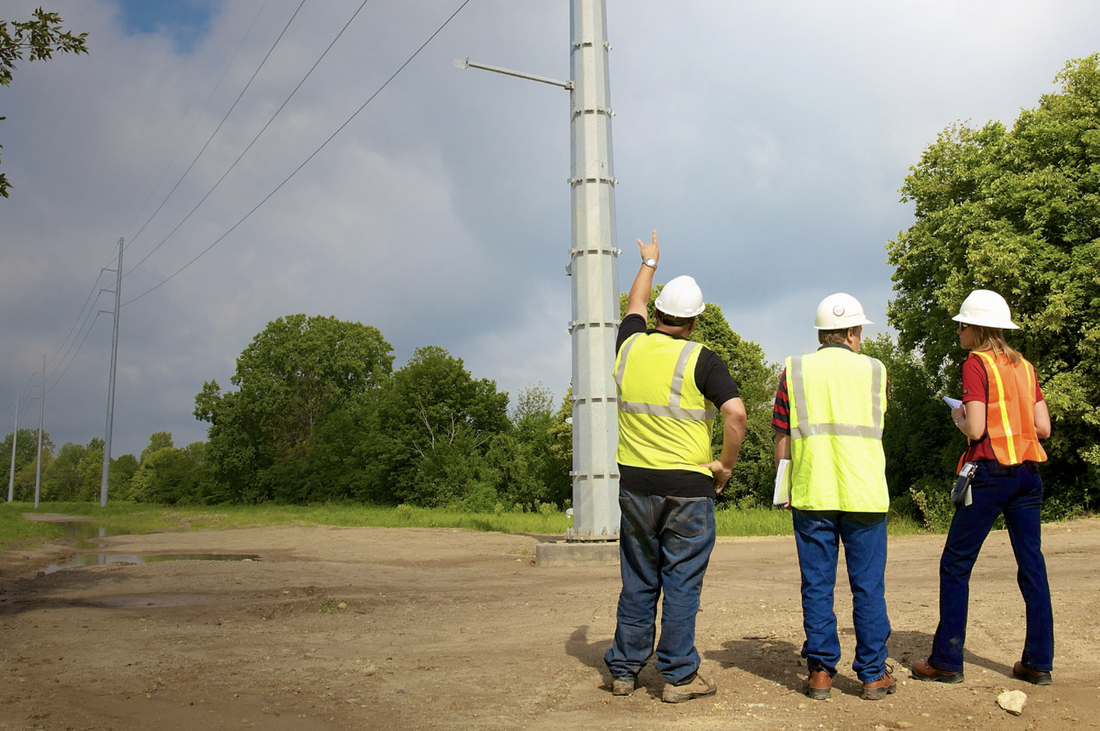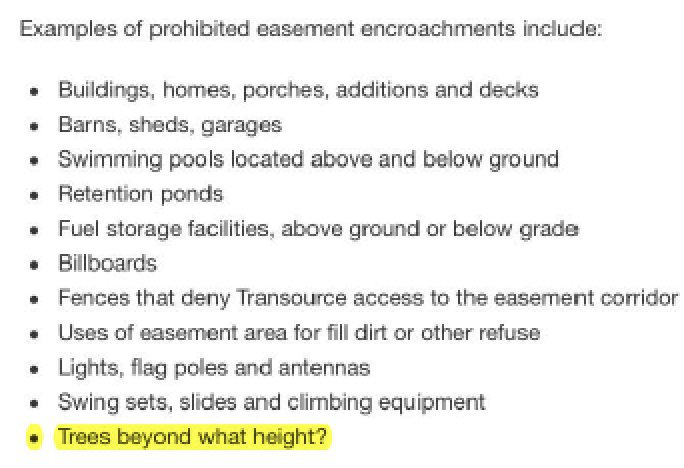“Today’s ruling is a significant victory for the Missouri economy and for dozens of Missouri cities that could save more than $10 million annually from the delivery of low-cost clean energy by the Grain Belt Express Clean Line,” Michael Skelly, Clean Line president, said. “After a thorough case that lasted for several months and involved testimony submitted by expert witnesses, the Missouri Public Service Commission determined the Grain Belt Express was in the public’s best interest. We are pleased that the Eastern District Court of Appeals reaffirmed the Commission’s authority in permitting and overseeing Missouri’s vital energy infrastructure projects.”
One appeals court said the PSC could not issue a permit without approval of affected counties. Another appeals court said they could. The Missouri Supreme Court is going to have to decide this. They could decide either way. The Eastern District Appeals Court's decision doesn't guarantee or make it more likely that the Supreme Court will rule in Grain Belt's favor. It's 1 for 1 and heading into the tie-breaking round.
Big deal.
So, what happens if GBE wins at the Supreme Court? Nothing much. It goes back to the PSC. How much time will elapse before something like that happens? Nobody knows, but remember, last time GBE tried to get the Supreme Court interested in taking their case, they got ignored. And the time before that, the Supreme Court declined to review the Western District Appeals Court's initial ruling that said a transmission project must have county approval before the PSC can approve it.
And then guess what? Even if GBE wins at the Supreme Court and even if the PSC issues a permit for the project, GBE will STILL need to get county assent to cross roads in the affected counties. A completely different statue requires county assent. The only thing the recent appeals court decision covered was whether or not a county must approve before or after the PSC issues a decision. It does nothing to affect the county road assent statute. That's an additional hurdle GBE would have to jump before it could build anything, and the bar is set pretty high.
"We’re somewhat disappointed but not entirely surprised,” said Wiley Hibbard. “We’ve been fighting this for five years and another year isn’t that big of a deal.”
Ralls County is one of eight counties that has either rescinded assent for Grain Belt or never gave it to begin with.
“What keeps me from becoming too alarmed is that they (Grain Belt developers) still have to get county assent before they build it or not,” Hibbard continued, clarifying that the PSC could still give approval without county assent. “Ralls County is in no way going to give assent to Grain Belt. All three of our commissioners are very steady in favor of protecting landowners from eminent domain.”
Especially because the final ball has not dropped yet in Illinois. They're still waiting for their appeals court to decide a case regarding whether or not Clean Line was a utility at the time it applied for its permit from the PSC. If they rule that Clean Line was not a utility, it's back to square one in Illinois. And considering that the Illinois Supreme Court ruled Clean Line was not a utility and vacated the permit the Illinois Commerce Commission issued for its Rock Island project, chances of GBE prevailing in Illinois are slim to none. If RICL wasn't a utility, even after receiving a permit, then GBE certainly was not a utility before it even applied for a permit. Done deal.
The current situation is nothing more than Clean Line going through the motions pretending it's going to get GBE fully permitted. Does Skelly really believe that getting permits will guarantee him enough customers to finance the line? Where's the customers, Clean Line? Even with permits, the project fails without customers and will not be built. The only "customers" GBE has are some Missouri municipalities who believe they will get below cost service from a project that expects to make up the difference by charging the other customers more. Except there are no other customers.
This really doesn't sound like winning to me. It sounds more like Clean Line is only trying to pretend GBE is viable. And why would they do that? Maybe they're trying to sell GBE to the first rube that comes along? After all, that's exactly what Clean Line did with its "fully permitted" Plains & Eastern Clean Line.
A long time ago, affected farmers became suspicious that Clean Line never actually intended to build anything, but was trying to set up a project that it could flip to some other investor. You've got to get up pretty early in the morning to fool a farmer.



 RSS Feed
RSS Feed